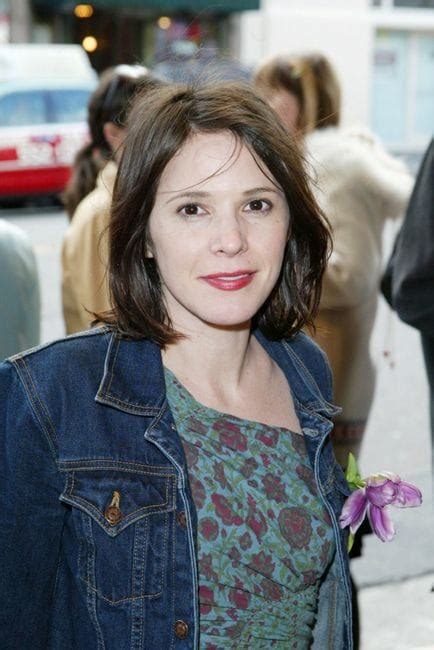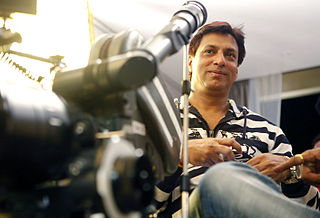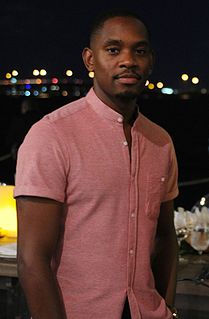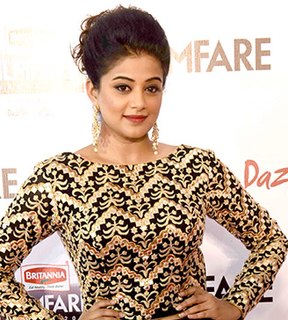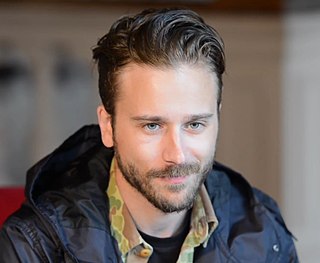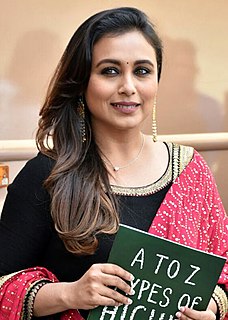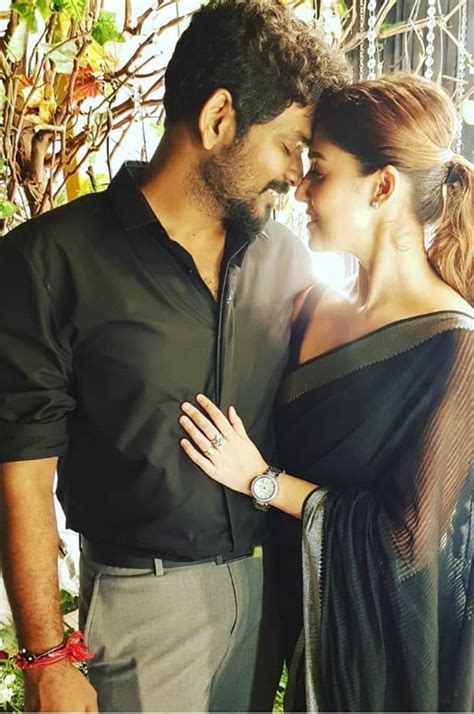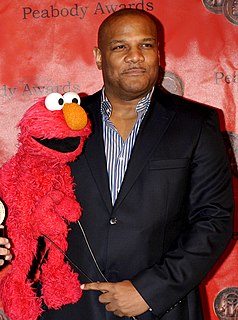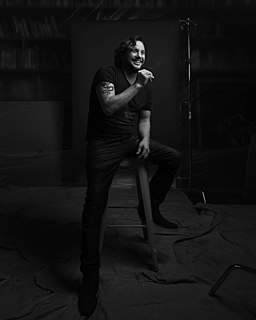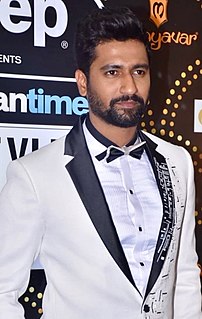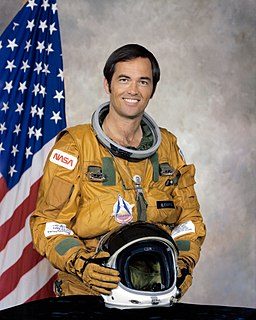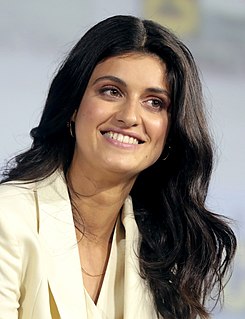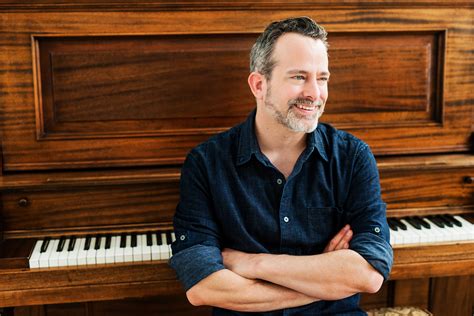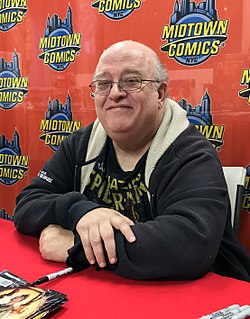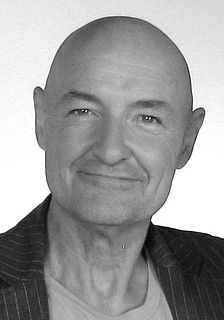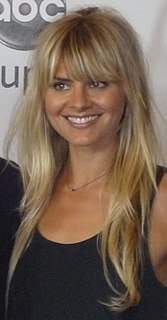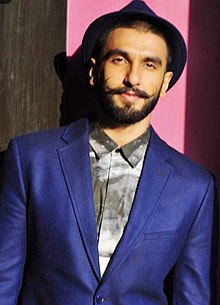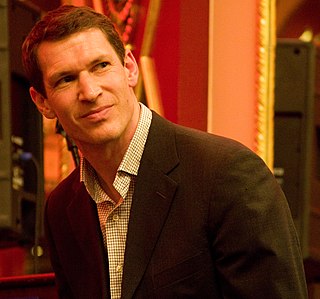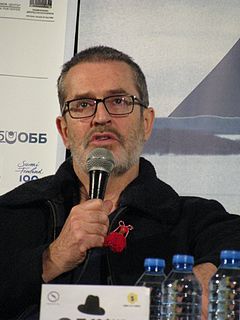Top 1200 Film Crew Quotes & Sayings - Page 6
Explore popular Film Crew quotes.
Last updated on November 8, 2024.
I left film because I felt that photography was my art. It was something I could do on my own, whereas film was so collaborative. I thought as a photographer I could make something that was artistic and that was mine, and I liked that. And it wasn't until I got back into film and I have very small crews and I could do very tiny filmmaking that wasn't 100 people that I still felt that I was making something artistic as a filmmaker. So, you know, I'm an artist, and whether it's photography or film, I want my voice to be there and I think my voice is very strong in this film.
The traditional Hollywood system is pretty rigid, but the film scene in, say, South Africa is booming with a lot of possibilities. If you have the cameras and reasonable capital, you can put your film in theatres next to 'Guardians of the Galaxy.' A great example of that was Kagiso Lediga's film 'Blitz Patrole.'
As I had visualized, 'Heroine' is shaping up to be a very contemporary film with a different premise and strata. This film, like most of my other films, is a blend of facts and fiction. The film has a larger span, more characters, and costumes... a journey that revolves around an actress's life and the showbiz.
Your first film is always your best film, in a way. There's something about your first film that you never ever get back to, but you should always try. It's that slight sense of not knowing what you're doing, because the technical skills you learn - especially if you have a film that works, that has some kind of success - are beguiling. The temptation is to use them again, and they're not necessarily good storytelling techniques.
'Race' is one of the most successful film franchises in Bollywood. So I was really excited and honoured on being approached for the film. But since I was already committed to another film during the same time as the makers are planning to shoot 'Race 3,' things eventually didn't work out, unfortunately.
Our film [Hide and seek ]was created as part of the Asian American Film Lab's 11th 72 Hour Film Shootout filmmaking competition, where filmmaking teams have just 72 hours to conceive, write, shoot, edit and submit a film based on a common theme. The winners were announced during the 38th Asian American International Film Festival in New York last July. The theme for 2015 was 'Two Faces' and was part of a larger more general theme of 'Beauty'.
One of the earliest memories I have of feeling the power of film music was watching Willy Wonka & the Chocolate Factory. That was a really clear epiphany for me, when I realized that each film has its own music, and that there was someone out there who wrote this very specific music for just this one film.
At the end of the process we called a market research company to find out whom the film was for or what was the target audience. We didn't have a lot of money to release the film, so in order for it to play in cinemas, which are dominated by films with much larger marketing budgets, we had to discover whom the film was for.
One of the biggest concerns about going out beyond lower Earth orbit is the radiation. We find that exercise seems to counteract a lot of the negative effects of space flight, like bone loss and muscle atrophy and cardiovascular systems issues. We exercise two hours a day on the station, which is a huge hit out of your day. It's great for staying in shape, but you know, it cuts into the productivity of the crew and if you look at how expensive it is to get a crew into space, if we can keep them healthy and have them exercise, but spend less time doing it, we can get more done.





